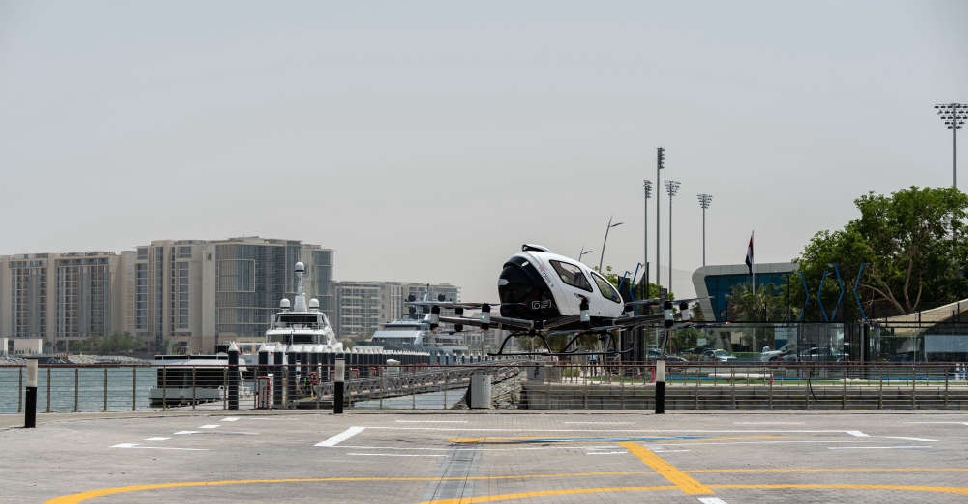
Turkey had its debt put on review for a downgrade by Moody’s Investors Service after President Recep Tayyip Erdogan thwarted a coup attempt that erupted over the weekend. Moody’s will look at Turkey’s Baa3 credit rating, the lowest level of investment grade, to “assess the medium-term impact” of the failed coup on the country’s growth and policy-making institutions, according to a statement. Though quashed within hours, the failed takeover threatens to destabilize an economy that depends heavily on capital inflows to finance its current-account deficit. Erdogan’s increasingly authoritarian streak was already worrying investors as he pushed his top economic advisers one-by-one from office, stoking fears of policy mistakes and leading to a drop in foreign investment. “The country’s slower-than-expected progress in materially advancing planned economic reforms, in the context of both weakening growth and external buffers, had been previously captured in Moody’s negative outlook,” the analysts wrote. “Although the coup failed, the event in itself will likely exacerbate challenges in all of these areas.” The yield on Turkey’s 4.25 percent dollar bonds due in 2026 rose 22 basis points, or 0.22 percentage point on Monday, to 4.13 percent. Moody’s lifted Turkey’s credit rating to Baa3 from Ba1 in May 2013, citing debt reduction and smaller current-account deficits. The move preceded a 16 percent rout in the currency that year. “Both Moody’s and Fitch were a bit premature in upgrading it to investment grade,” Win Thin, the head of emerging-market strategy at Brown Brothers Harriman in New York, said in a note Monday. “Deteriorating fiscal and external balances coupled with worsening political risk are likely to be the triggers for a downgrade this year.” Bloomberg
 Elon Musk visits China as Tesla seeks self-driving technology rollout
Elon Musk visits China as Tesla seeks self-driving technology rollout
 Abu Dhabi Airports welcomes 6.9 million passengers in three months
Abu Dhabi Airports welcomes 6.9 million passengers in three months
 ByteDance denies media report of plan to sell TikTok
ByteDance denies media report of plan to sell TikTok
 Photos: UAE’s first operational vertiport unveiled in Abu Dhabi
Photos: UAE’s first operational vertiport unveiled in Abu Dhabi
 France's air traffic control strikes ground flights across Europe
France's air traffic control strikes ground flights across Europe




